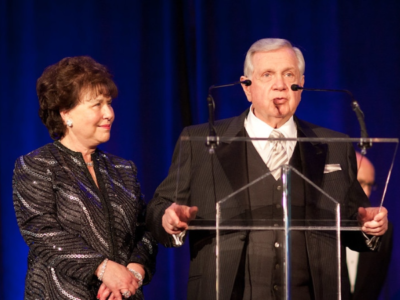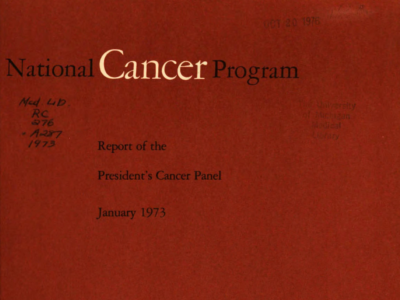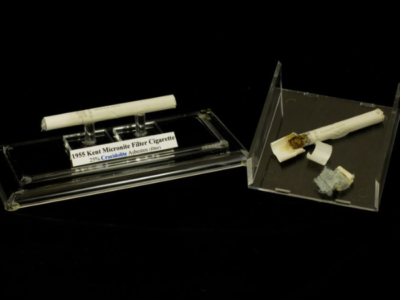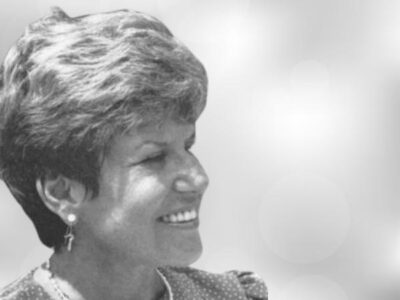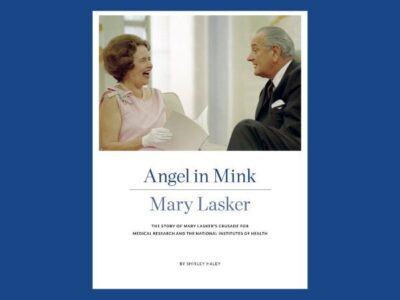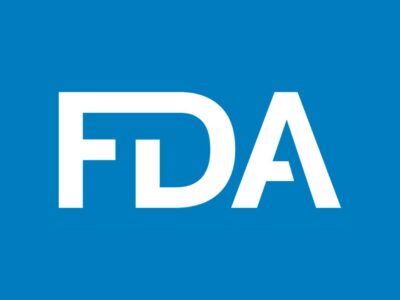It was around 2018, and the new patient volumes at Levine Cancer Institute had increased from about 6,000 new cases/year to just under 18,000.
In the first report from the President’s Cancer Panel, Benno C. Schmidt outlined his vision for the National Cancer Program, as defined by the National Cancer Act of 1971
This point is easily overlooked: Monica Bertagnolli has two jobs, not one. She is the director of the National Cancer Institute and head of the National Cancer Program.
If advertising is to be believed, in 1954, the American Medical Association ran a test comparing filtered cigarettes.
The first evidence of cancer—and cancer treatment—in humans dates back to the Pyramid Age, writes Jaya M. Satagopan, PhD, full member of the Cancer Prevention and Control Program at Rutgers Cancer Institute of New Jersey, and professor of biostatistics and epidemiology at Rutgers School of Public Health.
Rose Kushner was a war correspondent during the Vietnam War. She wrote openly about her breast cancer diagnosis in the 1970s, and went on to become an influential breast cancer advocate.
Jed Manocherian wants your attention—but not for himself.
Soon after real estate developer and investor Jed Manocherian started a non-profit that lobbies for biomedical research, he heard about the outsized role Mary Lasker played in shaping government-funded biomedical research in the U.S.
Mary Lasker left a collection of detailed oral histories and a massive archive of documents, kept at Columbia University: 795 boxes and 7 flat boxes, which amount to 353 linear feet.
The FDA Oncology Center of Excellence has signed on as the latest contributor to the Cancer History Project.


